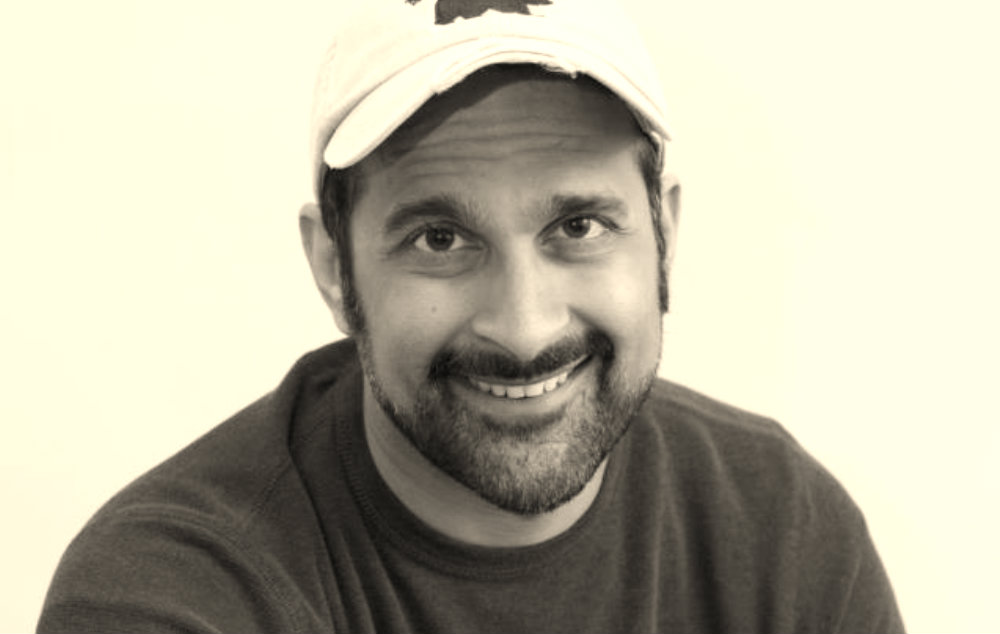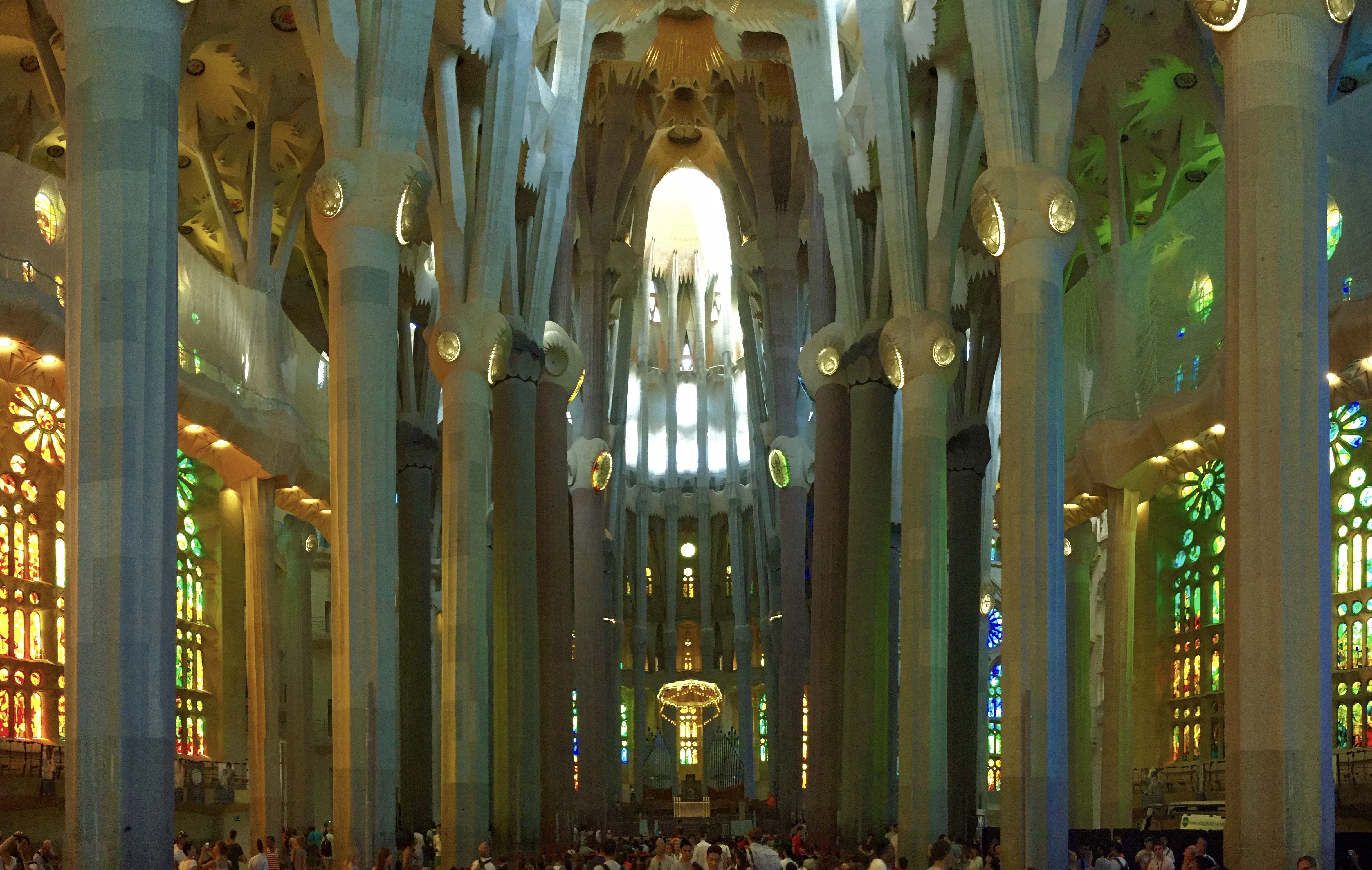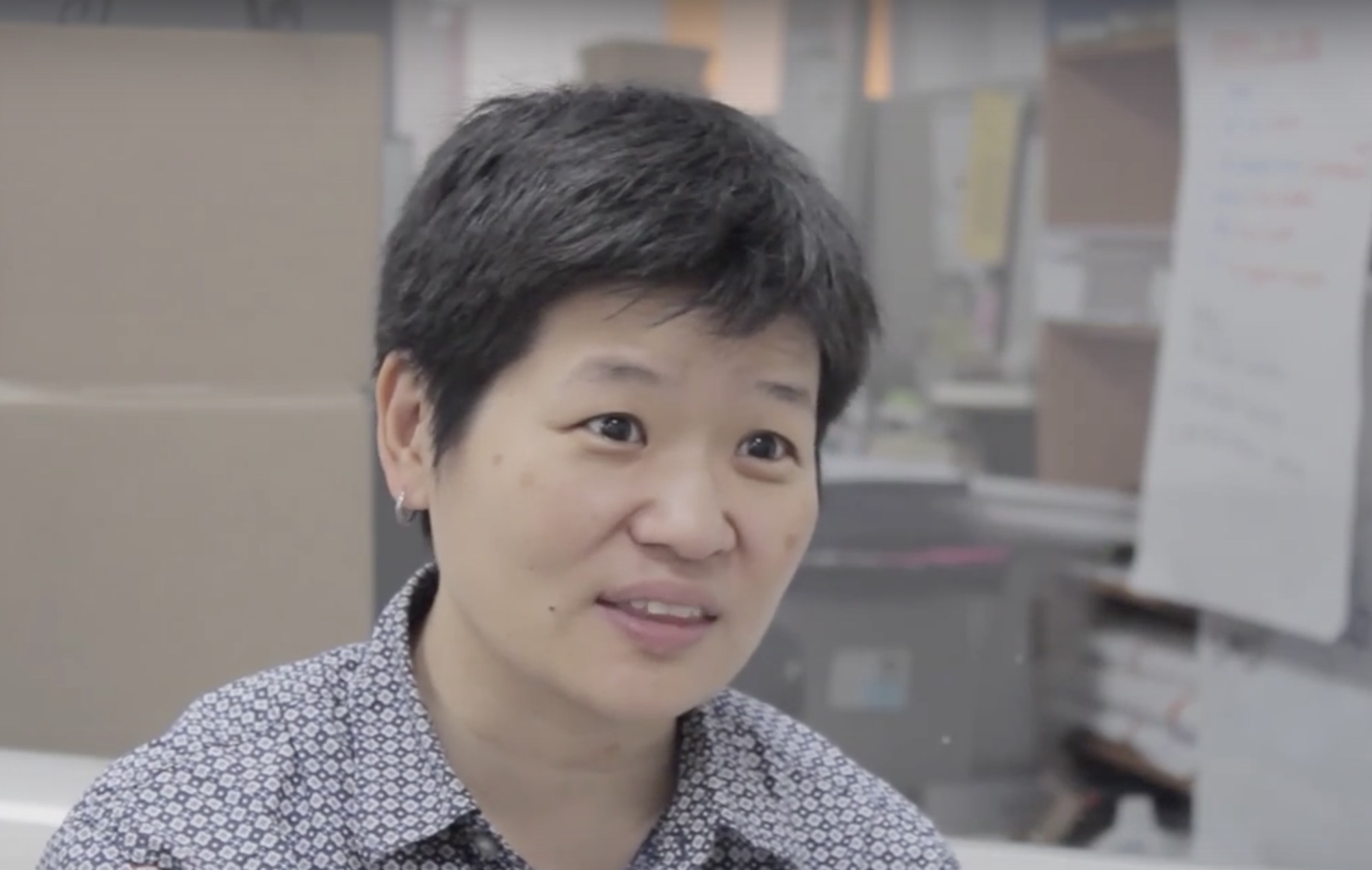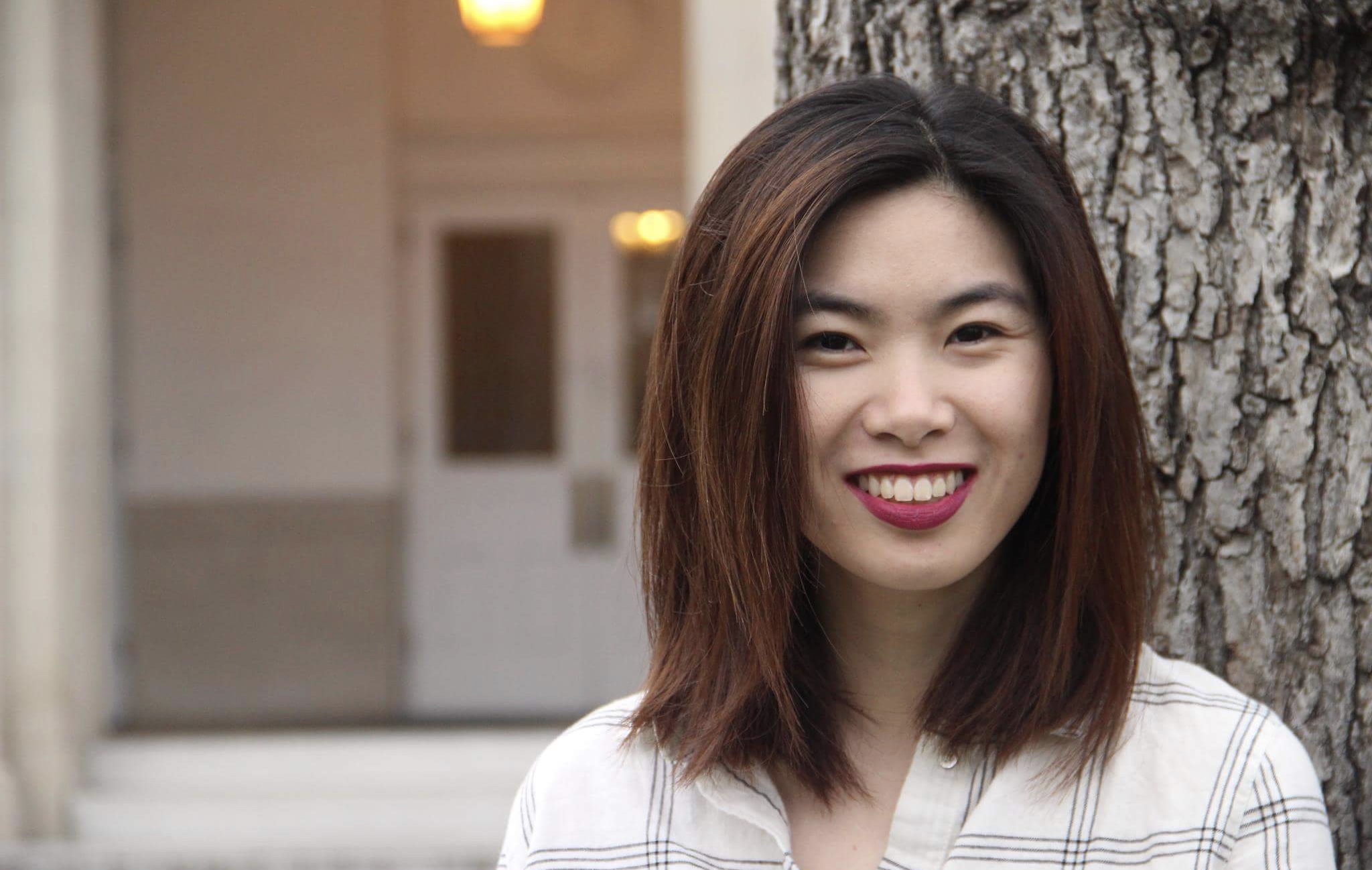
Naveed Merchant
v. To have a sensation of slight prickles, stings, or tremors, as from cold, a sharp blow, or excitement. e.g., I tingle all over.
My parents still call Shiraz the City of the Shah’s Summer Palace. That is the only Shiraz we knew in those three years before our return to the States. As a toddler, I couldn’t remember landing in Iran. But I think I’ll always consider it the birthplace of my awakening. Before Iran, I had only drowsy memories of transcontinental flights: jet engines revving for take off and landing gear scorching on the runways of Beirut, and Dubai, and Karachi. My father used to tell us we were guests of the Shah of Iran; in a way, I suppose we were. After all, my father was invited to teach at the University of Pahlavi. I doubt if anyone knew this. But we always seemed to be granted the kindness and respect reserved for dignitaries. Street vendors in the bazaars would hand us clusters of green grapes to sample whether we purchased or not. The peppery scent of roasting kotlets, glorious potato and lamb patties, lured my mother to street corner stands. And upon seeing my mother in black chador toting three little ones—my elder and younger brothers and me, the vendors would gift us a kotlet or two. The vendors were usually elderly ladies or men with full faces, bearing smiles of teeth stained with the dark orange of chai. I remember the delight they took in hearing my mother speak Urdu, a cousin of their beloved Farsi.
Mom and Dad learned to speak Farsi in our time there, and they’ve still retained their Shirazi accents. They tell me that my elder brother and I learned to speak Farsi before they did. It’s a notion I’d find hard to believe were it not for memories I have of my dad asking when we were in the bazaars, “What did that man say?” I’d blush and reply, “Oh, Dad, you know what he said,” cowering under any spotlight. But then of course I’d translate. It didn’t occur to me until years later, well after most of my Farsi evaporated, that I had been my father’s pocket English/Farsi dictionary.
Urdu, English, and Farsi all seemed to merge when we were little. I can’t quite remember if my brothers and I watched television in English or if it was dubbed in Farsi. We were too young to read, and usually ignored the subtitles in Hindi films. But I do remember that we were drawn to 1970s American TV shows like “Little House on the Prairie,” the “Six Million Dollar Man,” and “Tarzan.” Sometimes when we had no school or outings, our parents left us to the abandon of television. There were days when my brothers and I would wake up and scramble with our blankets to the cold marble of the living room floor. We’d set up makeshift beds and lie on our stomachs in front of the TV, chins propped on hands and elbows.
We never fought over what show or channel to watch. We’d watch “Sesame Street” if we had to. But given a choice, we would always choose Tarzan. Something held us as we watched the golden blond man make his way in the dark jungles of Africa. Even as kids we probably identified with a sense that we, too, were transplants foraging our way in a new land. We would watch Tarzan as he wrestled lions and mounted elephants, our eyes bathed in the Technicolor of the screen, our mouths gaping. Tarzan’s thick veined arms and muscled shoulders would spring to life when he swung from tree vines. He never strained, even under the weight of his boy companion, Jai, and chimpanzee, Cheetah, as they clung to his back.
We dreamed that one day we would all be like Tarzan. We’d have the power to tame all animals and be able to bond warring tribes. But for now, we would break from the television and play in the garden. My elder brother was irrefutably Tarzan; and, by pecking order I was Jai, and my younger bother played Cheetah. My younger brother was all of three years old, and already prone to fits, shrieking and bouncing. We’d climb the fig trees in the backyard. We would crouch behind bushes to ambush imaginary lions. We’d roar back at our neighbor’s barking German Shepard. We’d play in the sun until our skin turned to brown sugar and I could smell the light, sweet boyish sweat rise from our bodies.
The scent of our play would flicker something in me. I could only describe it to myself as a tingle in my stomach—not a tickle exactly, but a tingle—something that snapped and tugged at me with a hunger, and an ache, and a tremor. It was a feeling I got deep in my belly when I’d watch Tarzan. I’d see the way his stomach rippled, as he caught his breath after a sprint. I’d notice just the glimmer of tan line at the hem of his loincloth as he jackknifed into waterfalls. I’d watch the ball of his biceps flex as he smoothed his hair back, emerging from the river. I’d notice the droplets of water trickle from the hunting knife fastened to his right hip.
My elder brother would puff out his boy chest and assume the role of Tarzan. He did this with a self-conscious swagger, thinking that my younger brother and I coveted his role. I’m sure my younger brother did, but I did not. My younger brother would crouch compliantly at my elder brother’s feet. He would go hunting for rocks and sticks at my elder brothers’ command. But I held back, lingering in my own fantasies. I never shared my tingling feeling with them. It was my secret. I did not want to be Tarzan at all. Instead I was Jai. I wanted to be the boy that held onto Tarzan’s back. I wanted to be the boy that Tarzan cradled in his arms when they slept in forest thickets. With copper skin and tanned loincloths we’d lay nestled in the warmth of the jungle.
The tingle would come over me, increasing in strength the more I encountered men and the more I realized it was not what other boys were feeling. I remember the way I would watch Tarzan’s body, aware that I was gazing at his bronzed skin and hard, corrugated stomach, his broad chest and shoulders. While my brothers were rapt in anticipation of the next fight scene or spear throw, I lingered as the camera panned his body. I would imagine taking his hand and following him into forests and caves and waterfalls.
I think I looked at Tarzan in much the same way that my dad used to look at my mother. When they went out to parties, my mother would be wrapped in saris drenched in silken mango or pomegranate. Golden leaves dangled from her earlobes and her lips were petalled to a soft pink. My dad would follow her down plaster steps. Even as a child I could see that he was entranced. I felt something akin to that swell of pride and awe in beholding a beloved creature. And it wasn’t just Tarzan.
My head was set to twirl whenever I saw the tight fit of jeans on muscular men. In Iran the young men had just begun to wear Levi’s in the 70’s. Their chests burgeoned with tufts of hair that sprouted just above open collars. Adam’s apples glowed as they gulped bottled Coca-Cola. I beheld them with a trembling that I sensed my father felt with my mother. In our tradition, my father never touched my mother in front of us. This was crude and forbidden. In the same way I felt it was not proper for me to engage another man’s eyes. Even a flicker from the corner of a man’s eye who noticed my stare bore the insult of a man’s hand on a woman’s hip. And it was that mixture of hypnotic attraction and the thunderclap fear of reproach that caused the tingle in my core. Something swarmed in me like the sensation of warm water flowing over my legs, until I’d wake to the cold reality of urine. The shame sliced in, the feeling of utter loneliness in this hunger. My blood boiled in my ears in those moments of capture and rapture. I would burn with desire and then disgust, my flesh erupting to life, then my innards collapsing to rot.
The loneliness I felt bred introversion. I longed for invisibility. In real life, I didn’t want to be seen or touched. One summer when I was four, my parents took us to visit family in Pakistan. On unbearably hot, humid days the men took to wearing thin, ribbed tank shirts that exposed their shoulders and arms. My brothers gleefully took to the relief of these shirts. Women still had to wear full shalwar kameez. I could not put on the tank shirt. I cried uncontrollably when my mother made me take off my crew T-shirt and pulled my spindle arms through the gaping holes of the tank. No one could understand the fuss I was making. Finally, my father crouched down, taking hold of my arms. He looked into my eyes while I sobbed, peering into me as if inspecting an open wound. There was concern in his eyes. He wanted to help me, but saw a fear in me. He could see there was something in me that cut me to the core—a shame that did not yet have words. He told me to put the T-shirt back on.
![]()
Naveed Merchant is a gay Pakistani-American man who grew up in California, where he still lives and studies writing.
This story is reposted with permission from Coming Out, Coming Home, a series of South Asian queer writing workshops conducted by D’Lo, a queer Tamil Sri Lankan American performing artist, since 2008. The workshops, which first took place in Los Angeles through Satrang and have expanded to San Francisco and New York. In each one, D’Lo facilitates a creative and healing process centered around owning each participant’s own life stories.
Categories: LGBTQ


